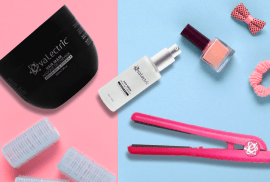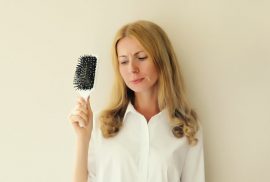How Often Should You Really Be Washing Your Hair?
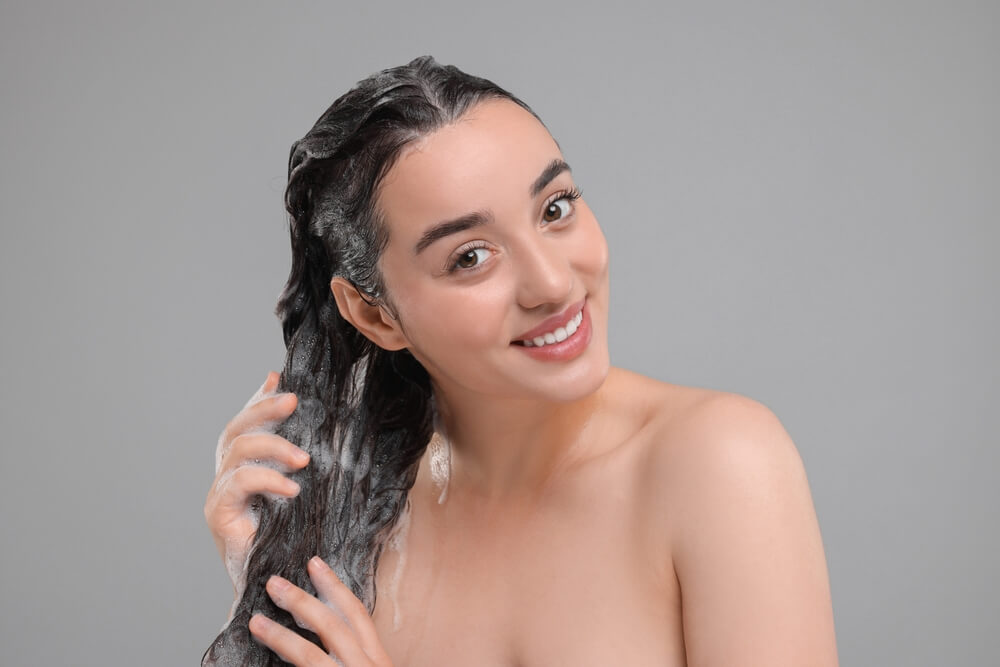
Over-washing has been a buzzword in the hair care world lately. With countless experts proclaiming that washing hair too often is the reason behind several of the most common hair woes out there, people are panicking about their hair washing routine.
Between over-washing and under-washing, it can be difficult to strike the perfect balance. How often do you really need to wash your hair? Keep reading as Evalectric helps you to determine the right answer for your own hair’s needs.
The Problem With Washing Hair Too Often
Why has the topic of over-washing hair been in the headlines so much lately? Because it’s something that more and more people have been doing, yet it has been causing some major problems.
Some of the issues that come with over-washing hair include:
- Hair that’s more vulnerable to damage, due to how shampoos strip away the sebum that protects each strand.
- Dry and brittle strands that break more easily. Again, this is due to a lack of moisturizing sebum.
- Disrupting the delicate scalp microbiome. This can lead to various scalp issues, such as dryness and flaking.
- Strands that lack shine. Without enough sebum, your hair will take on a dull appearance.
- Frizz and tangles, since over-washing damages the hair cuticle layer.
- Greasiness, which occurs when the scalp overcompensates for its lack of oil by producing way too much more!
The Problem With Not Washing Your Hair Enough
While washing hair too often isn’t a good idea, this doesn’t mean that you should start under-washing your strands. If you don’t wash your hair often enough, you’ll likely experience:
- A buildup of oil and dirt, which will clog your hair follicles and inhibit hair growth. It can also cause inflammation.
- Shedding and thinning, due to your clogged hair follicles.
- Itching and dandruff. The combination of oil and dead skin cells creates an environment in which certain microorganisms, particularly the ones linked to dandruff, thrive.
- Depending on your ethnicity, you may notice that your hair becomes more fragile if you don’t wash it enough.
How Often Should You Wash Your Hair? This Depends…
As you can see, over-washing and under-washing are both to be avoided! Instead, it’s important to find the right balance so that you’re washing your hair the right amount.
Unfortunately, when it comes to how often you should be washing your hair, there’s no set answer. The best hair washing frequency for you will depend on a few different factors:
Hair Type
One of the most important things to consider when deciding how often to wash your hair is your hair type. This refers to the texture of your hair, meaning whether it’s fine and thin or coarse and thick.
The thinner and finer your hair is, the faster it will end up greasy. Thin and fine hair tends to be quite straight, which means that it doesn’t take long for the sebum produced by your scalp to overload your strands. Hair that falls into this category could need to be washed every other day.
On the other hand, if your hair is very thick and coarse, it will take much longer for your scalp’s sebum to moisturize your locks. This is enhanced if your hair is also curly. It could take a week, or even more, for that sebum to reach the fragile ends of your hair. Wash that sebum away before it has the chance to do so, and you’ll quickly be dealing with split ends and other issues. This is why experts generally recommend waiting at least a week in between wash days for thick and curly hair.
Condition of Your Scalp
As true as it may be that thin and fine hair gets greasier faster than curly and thick hair, this is still quite a generalization. There will always be some people out there with thin hair and a dry scalp, meaning that their hair is on the dry side. Likewise, some may have thick and curly hair but an oily scalp, which means that their hair will require more frequent washing than someone with thick hair and a dry scalp.
Of course, certain scalp conditions, like dandruff, come into play here too. If you’re dealing with a scalp condition that causes flaky skin to build up, you’ll need to wash your hair before this buildup starts to cause long-reaching problems.
Hair Length
As we mentioned earlier, the oil produced by your scalp needs to travel down the length of your strands in order to properly moisturize the ends of your hair. The longer your hair, the longer this will take.
This means that your hair-washing schedule should also depend on the length of your hair. Those with shorter hair will likely need to wash their locks more often than those with long hair.
Age
Your age has a big influence on how oily your hair is. As you grow older, the sebaceous glands on your scalp, which are where your scalp’s oils come from, become less active. As a result, oil production slows down, which can leave the hair dry and brittle. Once this happens, you’ll need to slow your hair-washing habits down, too, in order to preserve the integrity of your strands.
Again, the exact age at which this happens varies between individuals. Most women tend to notice this decline once they hit menopause, although men also experience a drop in oil production once they get older as well.
Exposure to Dirt, Pollen, and Pollutants
Your lifestyle plays a big role in how often your hair needs to be washed. If you spend your days outdoors, surrounded by dirt, pollen, and pollutants, this means that your hair will need to be washed more often than someone who spends the majority of their time in a clean and sterile environment. All of those impurities can quickly become trapped in your strands, leading to a whole host of problems.
Styling Habits
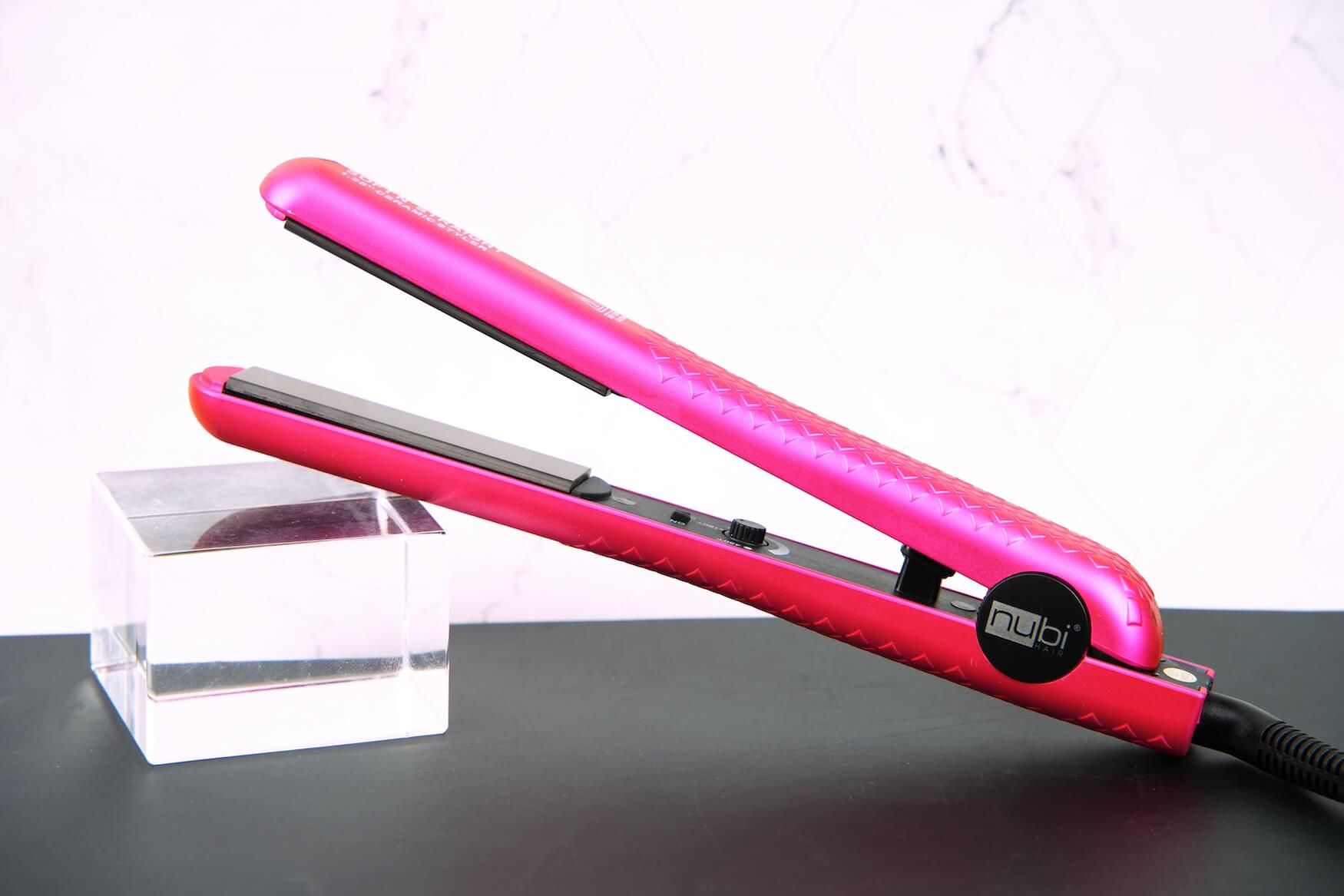
How do you usually style your hair? This is something else to take into account when deciding how often you should be washing your hair. If you regularly use styling products, you’ll need to be washing hair more often than those who don’t. Those products can quickly build up on your scalp and strands, causing irritation and damage.
With that said, those who frequently use heated styling tools, whether it’s a hair straightener, a curling wand, or anything else, may want to cut back on how often they wash their hair. Heat styling can make your strands more vulnerable – they’ll need the sebum from your scalp to give them some strength and resilience.
Time of Year
Think that you’ve finally figured out how often to wash your locks? While this may be the case, you’ll need to adapt your hair-washing habits once again whenever the seasons change.
Warm weather stimulates sebaceous glands, meaning that your scalp will produce more sebum in the summer than it does in the winter. This means that you may need to wash your hair more often in the summer to prevent your strands from becoming greasy.
How to Tell When Your Hair Needs to Be Washed
As you can see, there’s so much to consider when trying to figure out how often to wash your hair. In the end, the simplest rule to follow is: don’t wash your hair unless it actually needs to be washed!
How can you tell? By judging how oily your hair looks at its roots. If your roots only look slightly oily, then this means that you could potentially wait an extra day. However, if your roots are looking noticeably greasy and lank, then a shampoo session is in order.
An itchy or irritated scalp is another sign that your hair needs to be washed. This indicates buildup, which you’ll want to get rid of ASAP.
Choosing the Right Shampoo
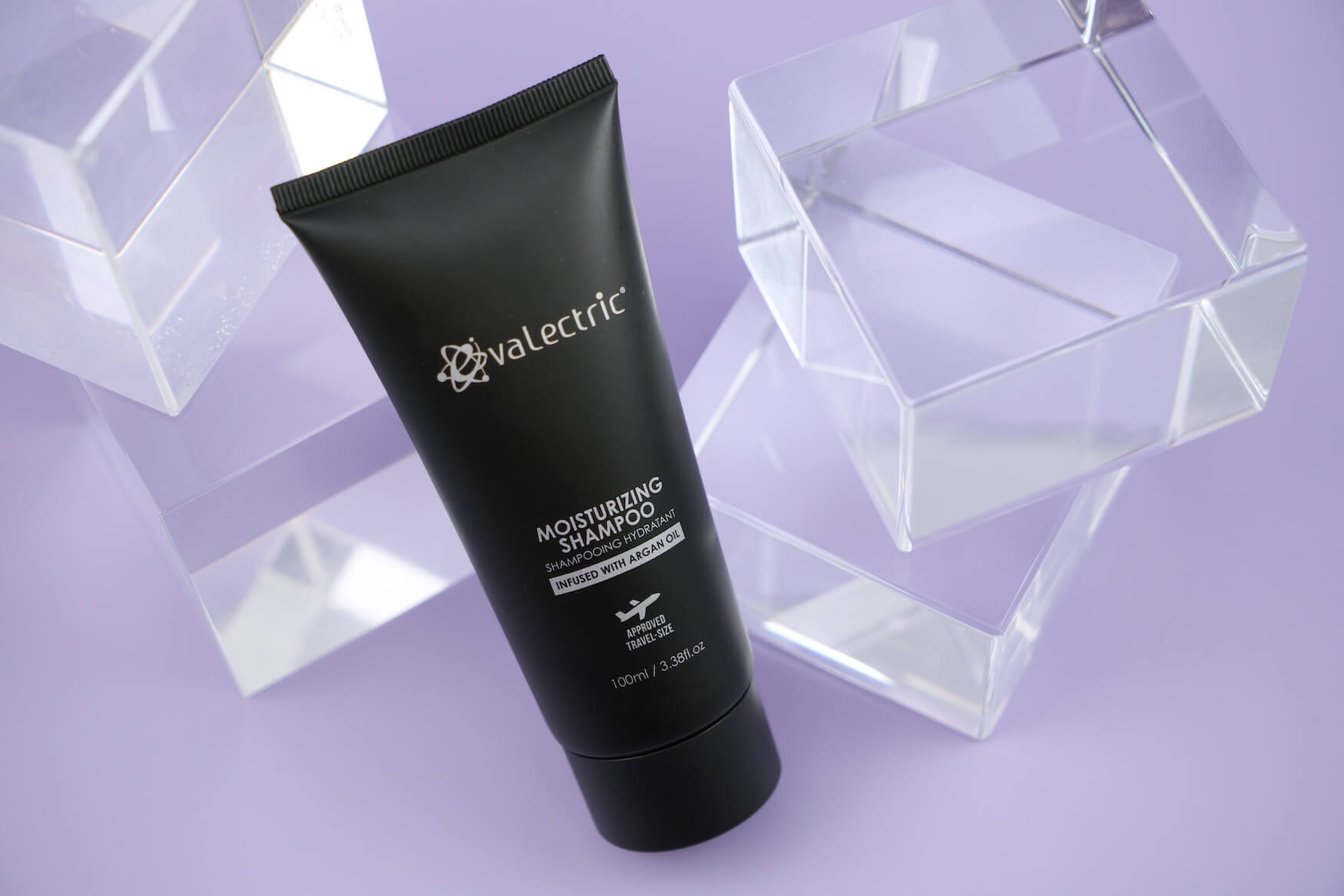
Once you’ve decided roughly how often your hair needs to be washed, you then need to make sure that you’re using the right shampoo. Even if you cut back on your hair-washing frequency, using an overly harsh shampoo that contains drying and sebum-stripping ingredients will still lead to the same problems as over-washing.
Generally, moisturizing shampoos, like the Evalectric Moisturizing Shampoo, are the best way to go. Our formula has been infused with argan oil, which is known for not only being intensely hydrating but also packed with beneficial antioxidants. This shampoo efficiently cleanses the hair but without leaving strands feeling brittle or damaged.
Extending the Amount of Time Between Each Wash Day
Want to start washing hair less but struggling to extend the time in between wash days? Here are a few tips to help you out:
Use a Dry Shampoo
Dry shampoos are great for absorbing excess sebum and buying you some extra time before your next shampoo. While it can’t be used as a replacement for regular shampoo, try applying it to greasy roots to give your locks a lift and a fresher finish.
Try Co-Washing
Co-washing is when you wash your hair with a conditioner instead of a shampoo. Although this won’t leave your hair feeling quite as clean, it will still remove dirt without exposing your strands to the surfactants that shampoos contain.
Cut Back on the Styling Products
As we mentioned earlier, the more styling products you use, the more frequently you’ll have to wash your hair. Likewise, cutting back on the number of styling products you use will make it much easier to go an extra day or two between washes.
Summary
When it comes to how often you should be washing hair, there isn’t a one-size-fits-all answer. Instead, there are several factors to take into account. Spend some time determining what your hair needs and make sure that it actually needs to be washed each time you reach for your shampoo.
Click here to browse more bestselling hair care and styling products from Evalectric.



